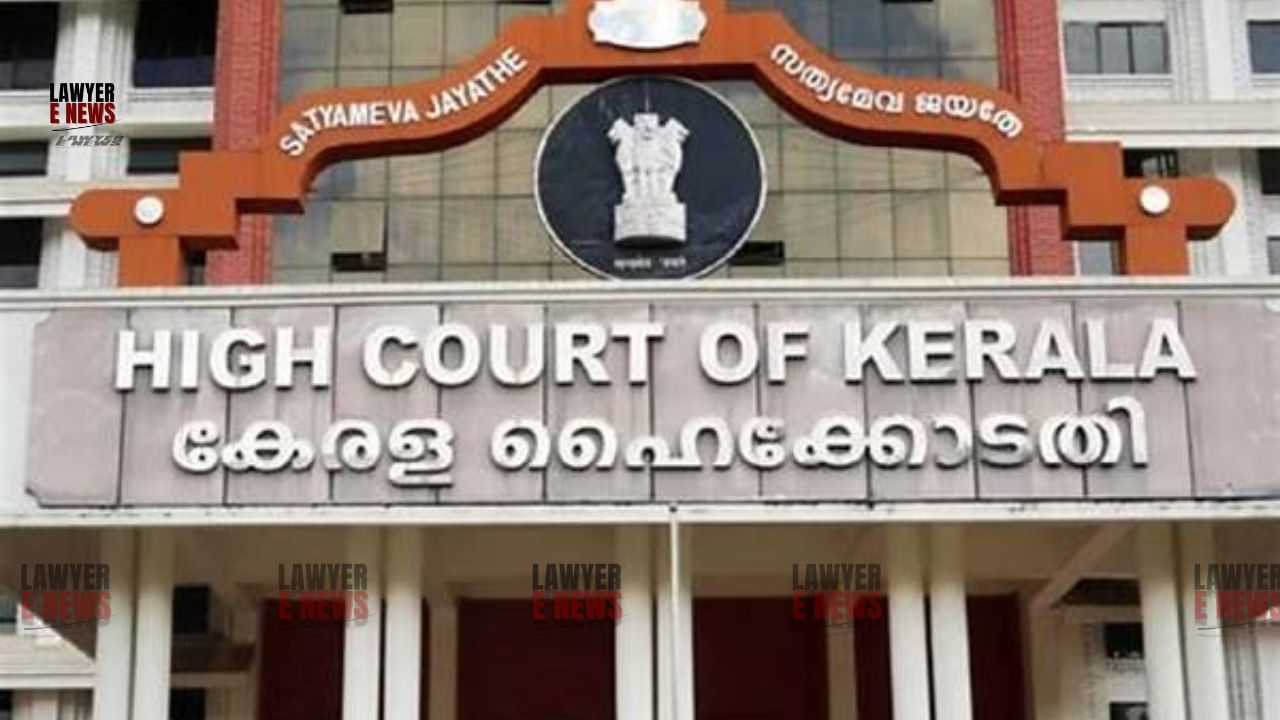-
by Admin
15 February 2026 5:35 AM



The decision underscores the Court’s stance on the necessity of custodial interrogation in cases involving significant financial misconduct.
The Kerala High Court, in a significant ruling on July 9, 2024, denied pre-arrest bail to the directors and secretary of the Kollurvila Service Co-operative Bank Ltd., accused of severe economic offenses. Justice C.S. Dias emphasized the necessity of custodial interrogation in such cases to ensure a thorough investigation. The bench pointed out that anticipatory bail is an extraordinary remedy and should be granted sparingly, particularly in complex economic offenses involving deep-rooted conspiracies.
The appellants, Anzar Aziz and others, were implicated in a case registered by the Economic Offenses Wing of the Crime Branch of Police, Kollam and Pathanamthitta Units. They were charged under Sections 406, 408, and 420 of the Indian Penal Code (IPC) for alleged breach of trust and cheating related to the sanctioning of loans and fixing deposit interests contrary to statutory circulars. The prosecution argued that the appellants caused significant financial losses to the bank by offering higher interest rates than allowed and sanctioning loans based on inflated property valuations.
The court highlighted the critical nature of the financial misconduct, noting that the accused allegedly caused a loss of Rs.42,10,150/- by offering higher interest rates and a further Rs.10,83,51,540/- through fraudulent loan sanctions. Justice Dias observed, “The investigation so far reveals that the Bank had suffered a loss due to the alleged actions of the accused. Whether the petitioners had the mens rea to cause the loss to the Bank or not, is a matter to be investigated and decided at the time of trial.”
Referring to various Supreme Court rulings, Justice Dias reiterated that economic offenses are to be treated with a different approach when it comes to bail. The court stressed that such offenses require a detailed investigation, often necessitating custodial interrogation. “Economic offenses having deep-rooted conspiracies and involving huge loss of public funds need to be viewed seriously and be considered as grave offenses affecting the country’s economy as a whole,” the judgment quoted.
The judgment extensively discussed the principles of granting bail, particularly in cases involving economic offenses. The court noted that anticipatory bail should be granted only in exceptional cases where the accused can convincingly demonstrate that they have been falsely implicated. “Anticipatory bail is not to be granted as a matter of rule and it has to be granted only when the court is convinced that exceptional circumstances exist to resort to that extraordinary remedy,” the court stated.
Justice Dias remarked, “On comprehending the nature, seriousness, and gravity of the economic offenses alleged against the petitioners, the prima facie materials substantiate that the petitioners have violated the circulars issued by the statutory authority and granted higher rates of interest on deposits as per their own whims and sanctioned loans to the depositors without getting sufficient collateral security.”
The dismissal of the pre-arrest bail application by the Kerala High Court sends a strong message about the judiciary’s commitment to addressing economic offenses with the seriousness they warrant. The judgment emphasizes the importance of custodial interrogation in such cases to ensure a comprehensive investigation. This ruling is expected to influence how similar cases are handled in the future, reinforcing the legal framework for tackling significant financial misconduct.
Date of Decision: July 9, 2024
Anzar Aziz and Others v. State of Kerala and Others
